This work is a study of the early British Indian economic history, particularly agrarian and environmental history, in the framework of colonial transformation of Indian agriculture. The Ganga-Jamuna Doab is the focus of the examination. After the annexation of the Ceded and Conquered Provinces 1801/3, the British motivated a large scale agrarian revolution. Whereas village based agriculture itself was not changed, the strict British revenue policy forced a transformation of traditional tilling methods. In the course of this agrarian revolution the destruction of economically unprofitable and therefore unvalued forests in the Doab caused a warming of the region within a few decades. Deforestation led to a drop in the water-table, followed by salinization of the flatlands between the rivers. This had far-reaching consequences for the quality of the soil, the amount of available water and finally the fertility of the area. Within a few years the soil had suffered degradation which was compounded by the intensive farming of cash-crops. Cholera appeared for the first time in the Doab in epidemic proportion after 25 years of British rule. Mortality by ‘fever’, i.e. malaria, had risen as well. The destruction of traditional links between zamindars, taluqdars and rajas with the peasantry in combination with a further monetization of the agrarian sector caused a breaking up of social relationships. The British with their harsh revenue politics appropriated most of the agricultural surplus. Local magnates were depleted of their resources to maintain the agricultural infrastructure, like the construction of wells and grain storage. The extent of the drought and famine of 1836/8 was partly caused by this transformation process. Large tracts of the Doab were no longer able to feed its population. The Doab, as the study demonstrates, was impregnated by and dependent on British colonial power considerably earlier than has been suggested by earlier studies.

British Rule on Indian Soil
In stock
Free & Quick Delivery Worldwide
reviews
Bibliographic information
Title
British Rule on Indian Soil
Author
Edition
1st ed.
Publisher
ISBN
8173042713
Length
244p.,
Subjects

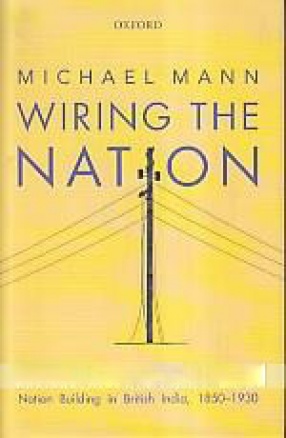
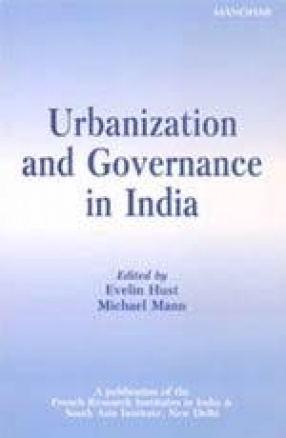
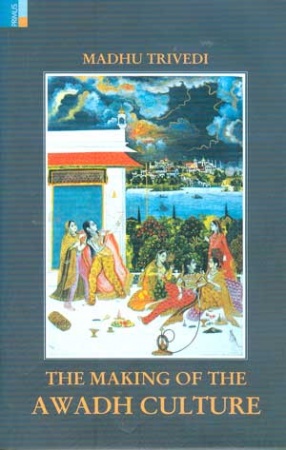
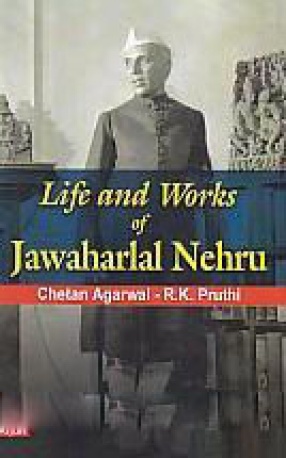
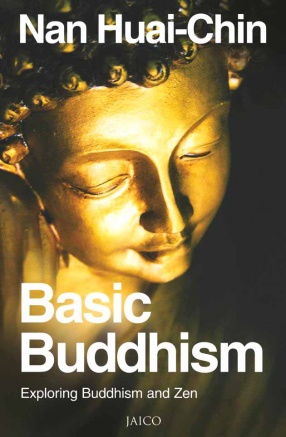
There are no reviews yet.